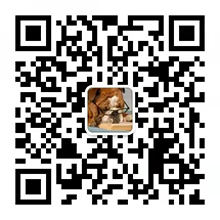Bear是我们在英语学习中比较常见的一个单词,有名词和动词两种词性,作动词时意为“忍受,承受;不适于某事;承担责任;经得起;心怀(感情,尤指坏心情);支撑;显示;携带;(车,船)运输。作名词时意为“熊;泰迪熊;(股票)卖空者。
bear的用法有哪些
1. 表示“忍受”,用于can’t bear,后接动词时可用不定式或动名词。如:
I can’t bear to see [seeing] people suffering. 我不忍看人受折磨。
He can’t bear to be [being] laughed at. 他禁不住拿他取笑。
若语义需要,不定式和动名词前还可带有自己的逻辑主语。如:
I can’t bear you to shout in that way. 我不能容忍你那样喊叫。
I can’t bear you [your] shouting in that way. 我不能容忍你那样喊叫。
2. 表示“生(子)”,其过去分词有两种形式:born 和 borne。其区别为:表示人的出生或用于名词作定语,用born;表示“生育”或用于完成时态以及用于带 by 短语的被动语态等,均用borne。如:
He was born to [of] wealthy parents. 他出生于有钱人家。
She has the natural grace of a born dancer. 她生来具有舞蹈家的优雅风度。
My mother has borne three children. 我妈妈生了3个小孩。
Diana was borne by the queen. 黛安娜是皇后生的。
当然,用于其他意义时,其过去分词只能用 borne。如:
The cost will be borne by our company. 费用将我们公司承担。
There is one other point to be borne in mind. 还有另外一类要记在心里。
His story was borne out by later information. 他讲的情况都被后来的情报证明。



